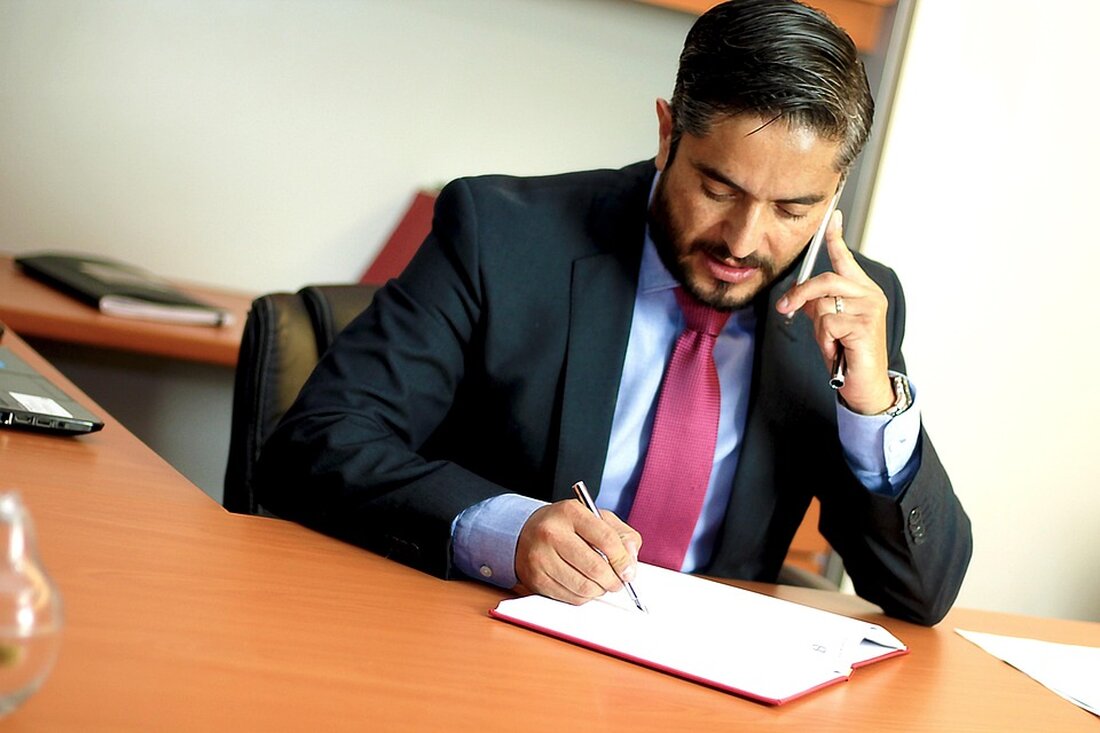Russia is planning new rules for the tokenization of property to attract private investments
<p> <strong> Russia is planning new rules for the tokenization of property to attract private investments </strong> </p>
Russian tax authorities develop rules for the tokenization of property and goods
The tax authorities in Russia are working on creating a legal framework for the tokenization of different types of property and goods. This initiative comes from the market demand and the aim of gaining urgently needed private investments.
According to the Russian Ministry of Finance, the legal framework and the necessary infrastructure can be expected within the next few months. These developments are intended to create new investment opportunities, especially in raw materials that have so far not been easily accessible to investors.
Expansion of investment options by tokenized assets
The finance Ministry of the Russian Federation (Minfin) pursues the goal of creating digital financial assets (DFAS) based on tokenized goods and property. The deputy finance minister Ivan Chebeskov announced that a concept for the tokenization of goods is being worked on. This process is described as "packaging" of different types of property in digital tokens or DFAs that are to be integrated into Russian legislation.
Russia hopes to give investors the opportunity to invest in raw materials that are currently not available. Chebeskov said that these new instruments could become part of financial transactions and that alternative commercial and investment opportunities would offer. He emphasized the development of tokenization instruments in order to promote the interest of both banks and private investors.
complicated attitude of Russia on cryptocurrencies
The Russian government, however, is ambivalent in terms of digital assets such as cryptocurrencies and tokens. While the Ministry of Finance is promoting broader use, the Central Bank of Russia (CBR) has taken a significantly more reserved position. Although crypto mining in Russia was legalized, there are restrictions in certain regions of the country.
In view of the financial sanctions due to the Ukraine War, Russia has shown interest in the use of cryptocurrencies in foreign trade. An “experimental legal regime” (ELR) for these transactions was established by a law signed by President Vladimir Putin. In March, the Ministry of Finance indicated that it intends to test the existing exchange infrastructure for cryptocurrencies, with the Moscow exchange (Moex) being considered a key player. The deputy finance minister Alexey Yakovlev recently announced that Russia could possibly introduce organized trade in digital currencies within the framework of the experimental legal regime, despite the opposite attitude of the CBR for the free circulation of digital currencies outside of this framework.These developments show that Russia is in a remarkable phase of regulation and implementation of digital assets, while the challenges and uncertainties associated with cryptocurrencies remain.


Kommentare (0)